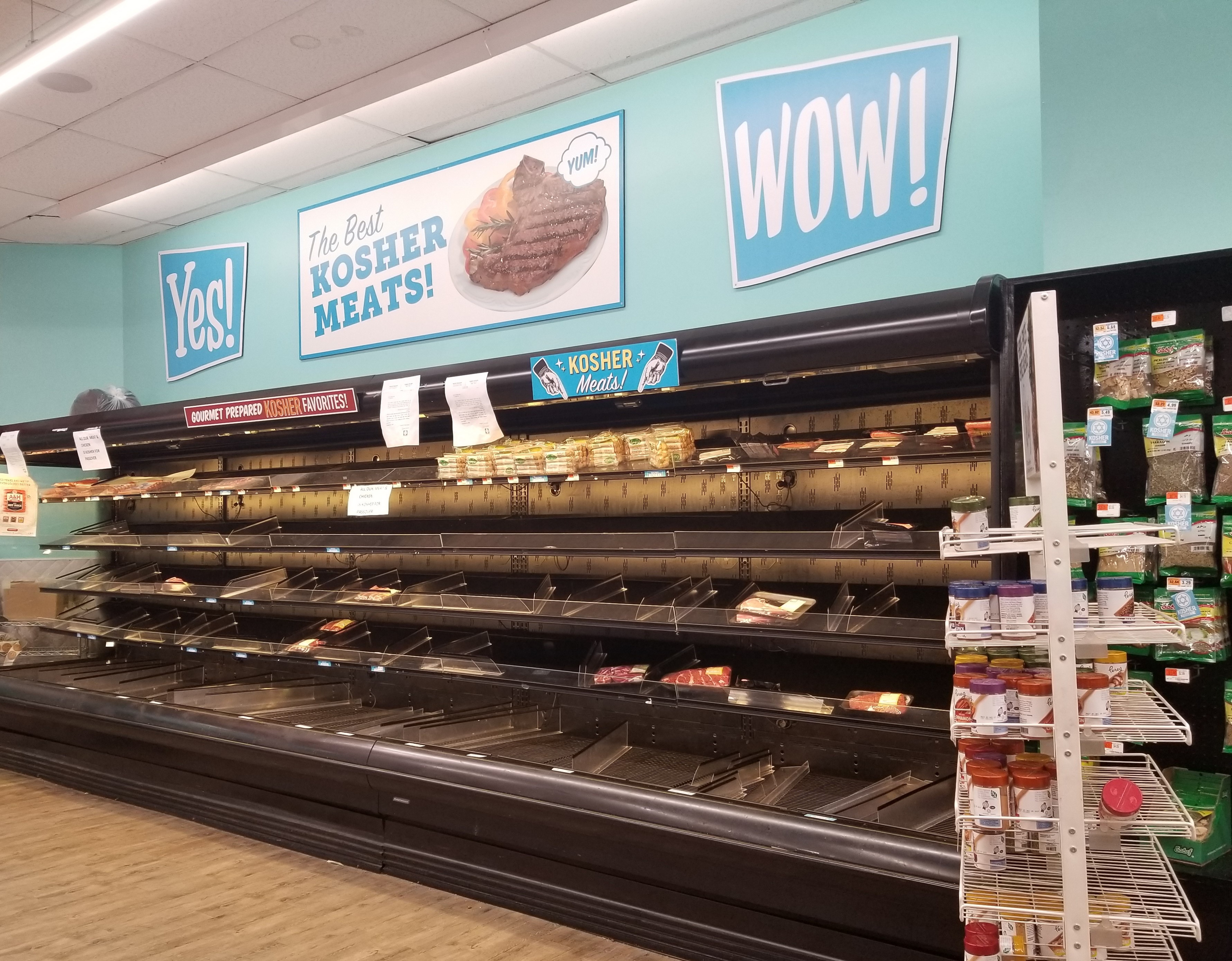
About 50,000 service workers in New England -- people who often interact with the public and have been showing up for work throughout the COVID-19 crisis because their jobs are considered essential -- lack health insurance and are at a higher risk of contracting the respiratory disease and facing high costs if they seek care, according to a new study.
The new issue brief from the Federal Reserve Bank of Boston also concluded that Hispanic and Black individuals are overrepresented in essential service jobs, including jobs in the health care, food service and building maintenance sectors.
The study determined that 8.8 percent of service workers in frontline non-health care jobs lack health insurance, compared to an uninsured rate of 3.2 percent among essential service workers employed in the health care field.
"These workers are at increased risk both of infection and of high out-of-pocket medical expenses if they seek care. Such economic risks may preclude them from accessing necessary care in a timely manner, with negative implications for their health," Fed researchers wrote.
"This brief points to the importance of comprehensive and affordable health coverage for treatment of COVID-19 for essential workers and their families, who are putting their lives on the line every day in order to keep our economy running."
New federal COVID-19 laws offer some relief for costs associated with COVID-19 care, the brief says, but leave the uninsured and those with high-deductible plans exposed to the potential for significant medical treatment costs.



